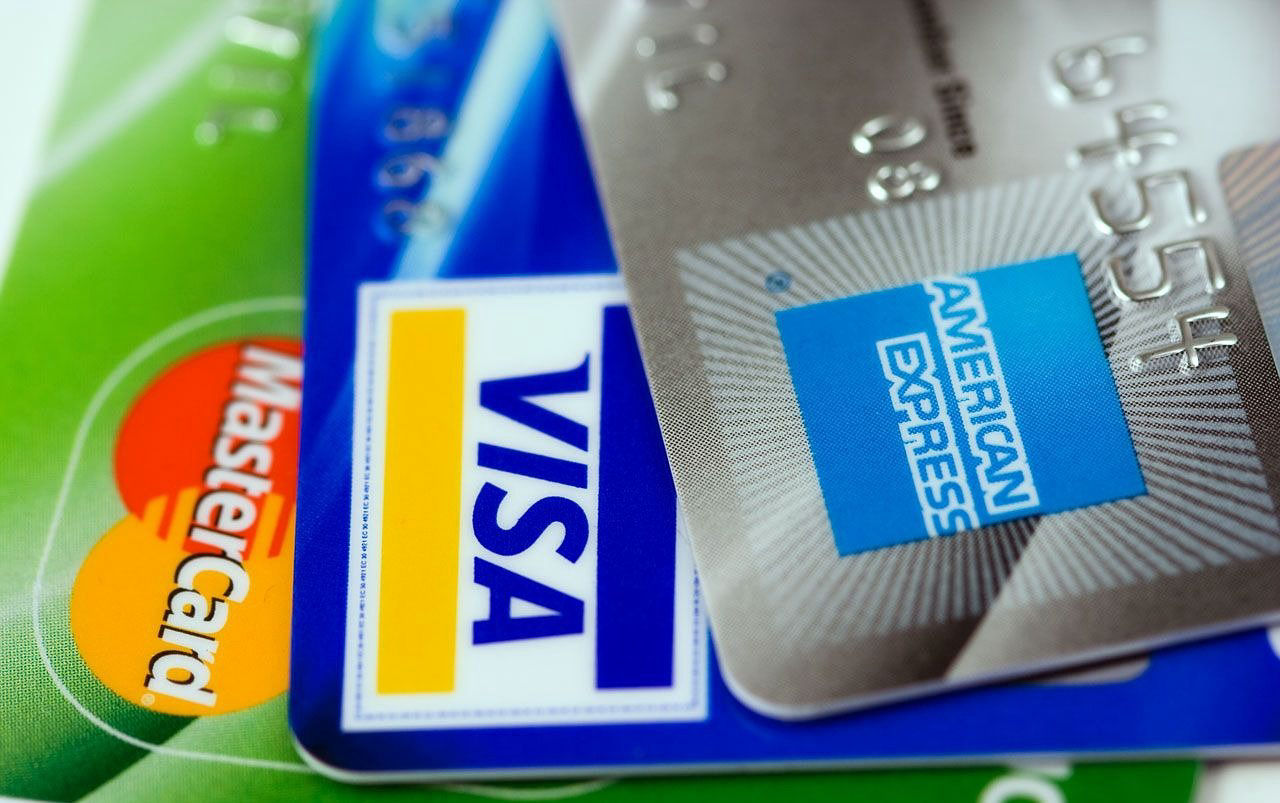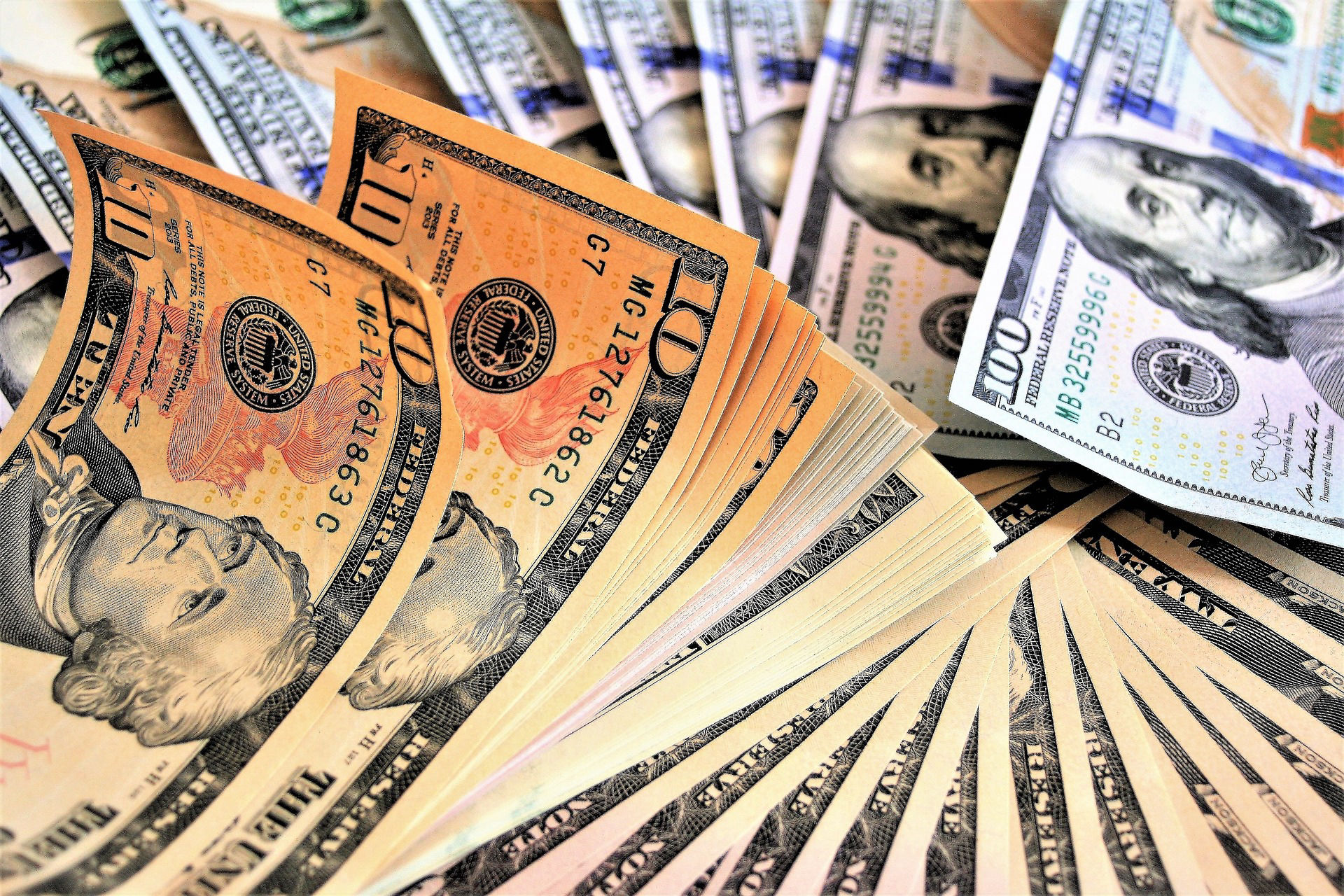
Personal loans and credit cards are common forms of borrowing, but they work in different ways and serve distinct purposes. Understanding these differences can help you make better financial decisions. In this article, we will delve into the ins and outs of personal loans and credit cards, highlighting their key differences, pros, cons, and the factors to consider when choosing between the two.
Applying does NOT affect your credit score!
Key Takeaways
Personal loans and credit cards both offer a way to borrow funds that can be used for any expense.
Personal loans offer funds in a lump sum with relatively lower interest rates. They must be repaid over a set period of time, typically with payments that remain the same.
Credit cards are a form of revolving credit that gives a borrower access to funds as needed. Credit scores are key factors influencing approvals and terms for both personal loans and credit cards.
Personal loans do not offer ongoing access to funds like a credit card does, but they usually have lower interest rates, especially for borrowers with a good to high credit score.
Credit cards offer revolving credit in which the borrower typically has ongoing access to the funds. Unlike personal loans, where your monthly payment is usually the same over the entire repayment period, a credit card bill will vary each month.
A personal loan is a form of installment credit that provides borrowers with a lump sum of money upfront. The borrower then repays the loan, along with interest, in fixed payments over a predetermined period of time, typically between two to five years.
Personal loan approval is largely based on the borrower's credit score, which is a reflection of their past credit history, including credit defaults, inquiries, accounts, and outstanding balances. The higher the credit score, the more likely a borrower is to be approved and receive a favorable interest rate.
Personal loans come with several advantages. They often have lower interest rates compared to credit cards, especially for borrowers with good to high credit scores. Personal loans also offer funds in one lump sum, which can be particularly useful for large purchases or projects. The fixed repayment schedule can make budgeting easier as well.
However, personal loans also have their drawbacks. They typically include an origination fee and may have other fees that can add to their total cost. They also do not offer ongoing access to funds like a credit card does, and any additional borrowing would require a new loan application.
Applying does NOT affect your credit score!

Credit cards, on the other hand, offer a form of revolving credit. Unlike a personal loan that gives you a lump sum, a credit card gives you a credit limit, and you can borrow as much or as little as you want up to that limit.
Similar to personal loans, credit card approval is also based on the borrower's credit score. However, the credit limit and interest rate can be adjusted over time based on the borrower's credit behavior.
Credit cards offer the flexibility of borrowing any amount (up to the credit limit) at any time, which can be beneficial for unexpected expenses or smaller, everyday purchases. Many credit cards also offer rewards, cash back, or other perks that can add value for the cardholder.
However, credit cards typically come with higher interest rates compared to personal loans. If a cardholder only makes the minimum payment each month, it can result in long-term debt. Some credit cards also come with annual or monthly fees.
One of the main differences between personal loans and credit cards is how you receive and repay the borrowed funds. With a personal loan, you receive a lump sum that you repay in fixed installments over a set period. With a credit card, you have ongoing access to funds up to your credit limit, and the amount you repay each month can vary.
The interest rates are also generally lower for personal loans compared to credit cards, which can make a big difference in the total amount you pay back, especially for larger amounts or longer borrowing periods.
When deciding between a personal loan and a credit card, consider the amount you need to borrow, how soon you can repay it, the interest rates, and any additional benefits like rewards or cash back.
Applying does NOT affect your credit score!

Both personal loans and credit cards can help build your credit score if you make payments on time. However, they can also damage your credit score if you miss payments or borrow more than you can afford to repay.
Whether you opt for a personal loan or a credit card, responsible use is key. Always make sure to make your payments on time, as late or missed payments can negatively affect your credit score. Avoid borrowing more than you can comfortably repay, and try to pay off your balance in full whenever possible, especially with credit cards. It's also a good idea to keep your credit utilization - the ratio of your current debt to your total available credit - below 30% to maintain a healthy credit score.
Home Equity Loans: This is a type of loan that allows you to borrow against the equity in your home. They are typically used for larger expenses, such as home improvements or debt consolidation.
Auto Loans: These are loans used to purchase a vehicle. The vehicle itself often serves as collateral for the loan.
Small Business Loans: These are loans granted to entrepreneurs and business owners to help start or expand a business.
Payday Loans: These are short-term, high-cost loans that are typically due on your next payday. They're often used by people who need cash quickly and have no other borrowing options.
Personal loans and credit cards each have their unique advantages and disadvantages. Your choice between the two will depend on your individual financial situation, needs, and goals. By understanding the differences between these two types of credit, you can make a more informed decision that aligns with your financial health and goals.
Are personal loans or credit cards better for improving my credit score?
Both can help build your credit score if used responsibly. Making timely payments and keeping your credit utilization low is crucial regardless of whether you have a personal loan or a credit card.
Can I have both a personal loan and a credit card?
Yes, many people have both. The key is to use each responsibly and for the right purposes. For example, a personal loan might be better for a large, one-time purchase, while a credit card might be more suitable for ongoing, smaller purchases.
Which is easier to get approved for - a personal loan or a credit card?
The approval process for both personal loans and credit cards depends largely on your credit score and income. Typically, it might be easier to get approved for a credit card, especially if you're a student or have a low income. However, the interest rate may be higher compared to a personal loan.